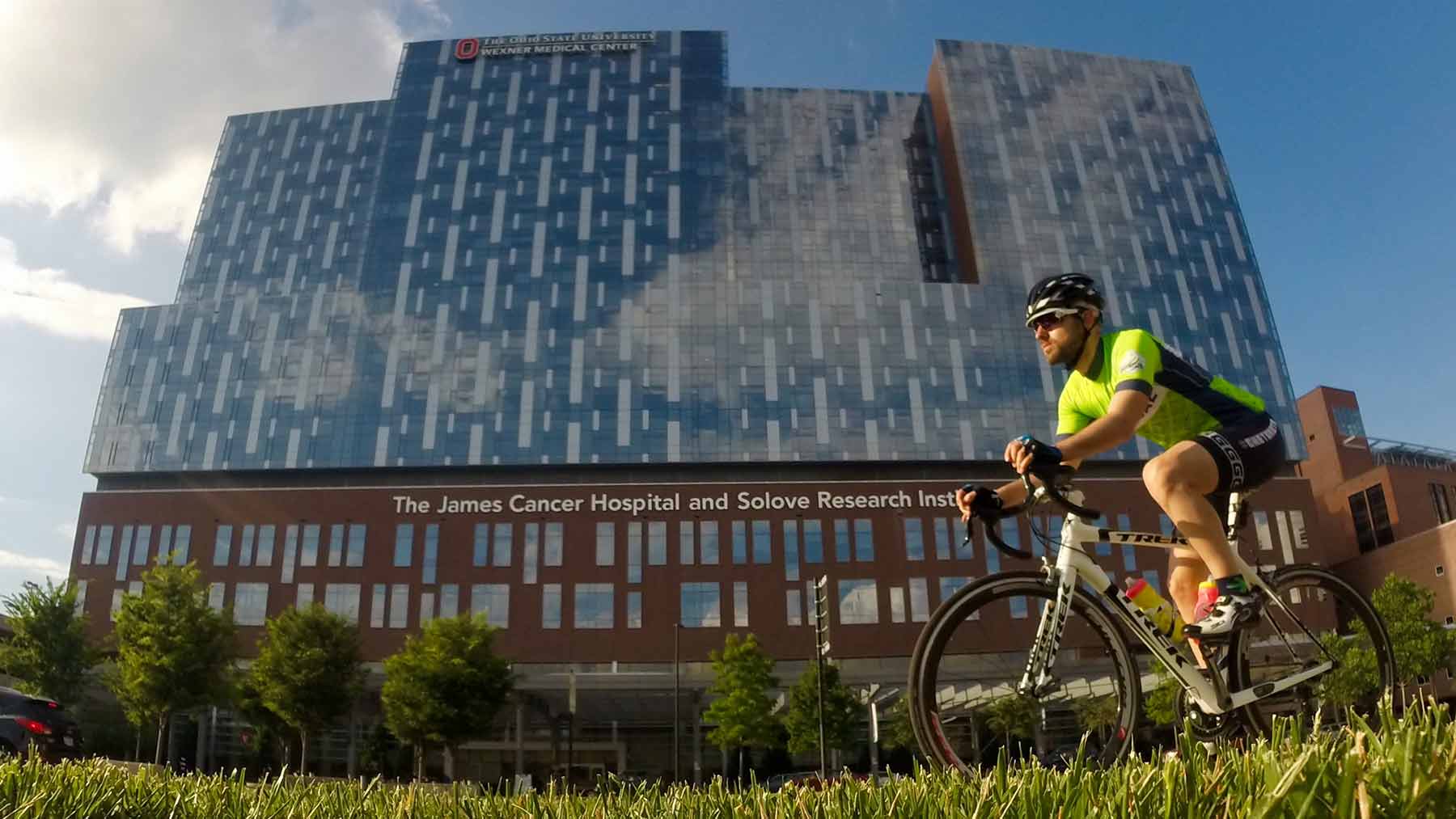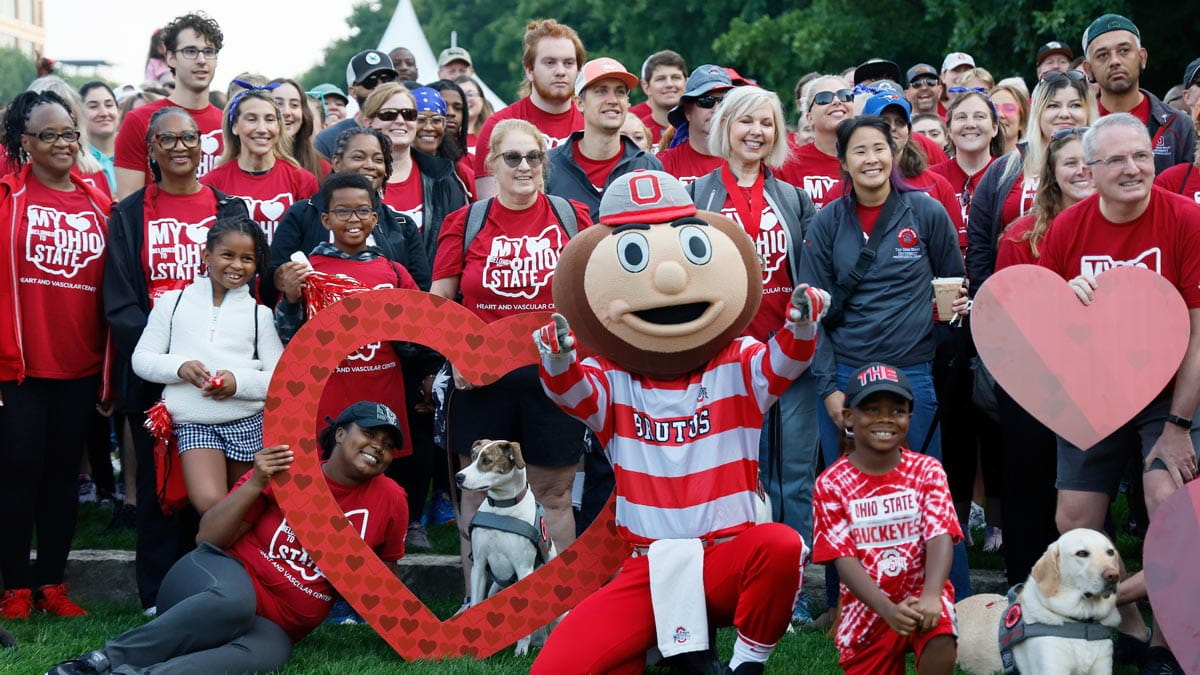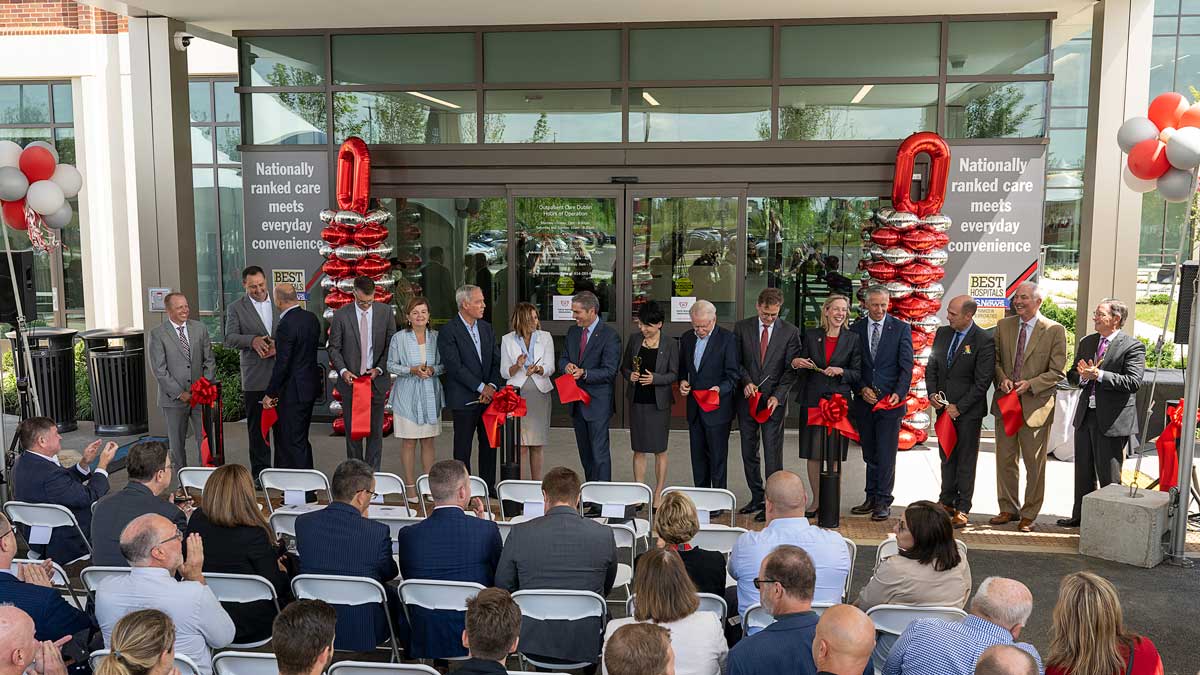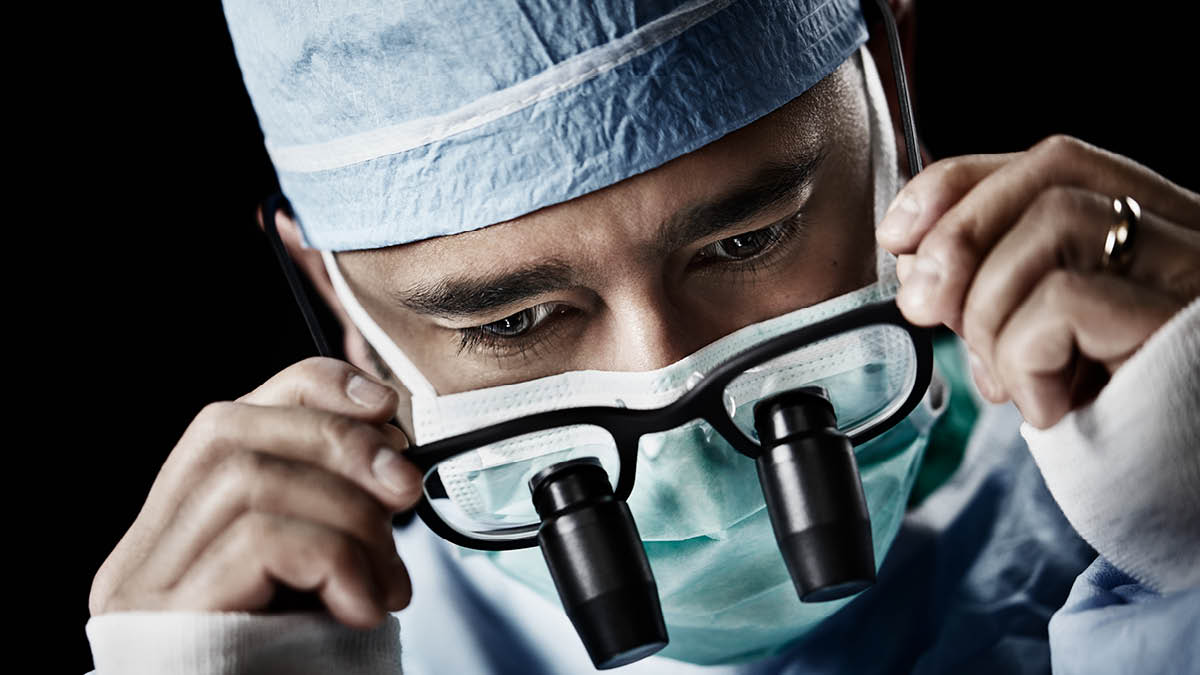My story: How Pelotonia is saving lives like mine

Written by Aaron Conley
It was the fall of 2013. I was 27. I started feeling tired all the time and had less energy for cycling. I had chest pains, often my heart was beating too fast and my vision occasionally was blurred. I went to the doctor thinking I had a heart problem. I found out I was severely anemic, there was blood in my stool and I was headed for a colonoscopy.
The colonoscopy revealed a fist-sized tumor. After a surgery to remove the tumor, eight inches of my colon and 32 lymph nodes, I found out that I had stage three colon cancer. Some of the worst days were between receiving my diagnosis and finding out how far the cancer had spread. I had so many questions, and my imagination ran wild to prepare for the worst. Luckily, the cancer had not spread and my prognosis was good.
My treatment would include six months of intensive chemo that would end in May. I knew then that I had to ride in Pelotonia for the first time and that during the August event, I would bike the 100-mile route.
Nothing could prepare me for the difficult experience of chemotherapy. My treatment was every two weeks for 49 hours; three hours of infusion at the hospital and 46 hours at home. The toxicity of chemo resulted in a slew of side effects. Just drinking water and eating food became a struggle.
Feeling weak and vulnerable was a harsh reality as a young adult. I kept envisioning myself back in good health, strong, riding my bike; the goal of the 100-mile ride for Pelotonia remained in my mind. I started training in April, while still undergoing chemo. Often my mind wanted to go faster than my weakened muscles would allow.
After chemo ended, I tried to resume normal life, but I had been so focused on getting through treatment that I hadn’t processed the emotional aspects of life after diagnosis. Unanswerable questions swirled in my head: Is the cancer going to come back? Will I die a slow and painful death? How do I overcome the financial burden of treatment? Why do I feel so depressed and anxious? I found it difficult to be in the moment with friends or family. But time helps, and so do moments that make you feel vibrant and alive.
Pelotonia was that key moment for me. Just a few months after chemo, I crossed the finish of the 100-mile ride in Gambier, overjoyed. Riding alongside two close friends, it was an emotional day, especially around mile 65. At the end of chemo I could barely walk to the bathroom, but now I was riding 100 miles, talking and laughing with friends – and fundraising to end cancer.
As much as I had envisioned riding 100 miles, I couldn’t truly see myself there until it happened.
Pelotonia serves as my personal marker for every year of being alive and of helping to fund cancer research to one day find a cure. I see The OSUCCC - James as a leader in this vision. The doctors and researchers are creating new treatments for current patients while also working to prevent cancer from even developing.
If you are riding Pelotonia for the first time or have ridden every year since it started in 2008, feel proud to be part of a movement that is changing lives. It is a supportive, collaborative and diverse community of riders, volunteers, researchers, clinicians and survivors passionately working to end cancer.
My last tip: If you ride, ask other riders and volunteers why they participate in Pelotonia. No doubt their stories will inspire you.




